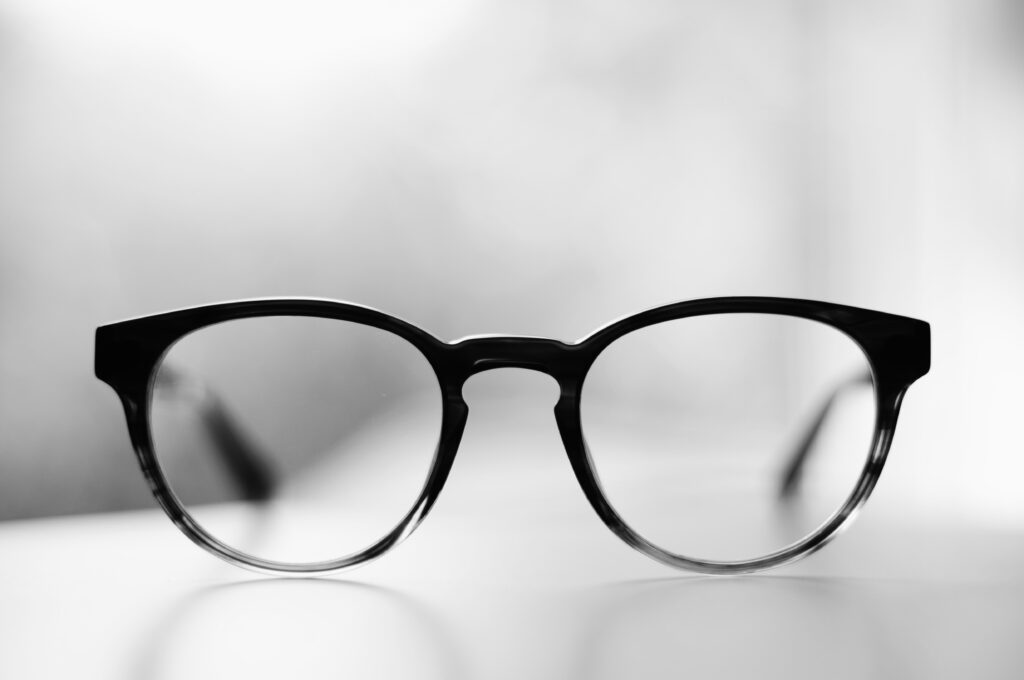What is an expert witness?
By Natasha Bian
An expert witness is someone who is qualified as an expert in a certain technical field based on their “training, study or experience”.[1] This specialised knowledge allows them an exception for their professional opinion and assumptions to be accepted as evidence in a lawsuit or criminal case.[2]
An expert witness has a unique and powerful role in court proceedings because the very nature of expert witness testimony is to provide independent forensic findings on particular issues in line with legal questioning. The court relies on their unbiased and specialised knowledge and as such, expert witness statements hold much influence on legal outcomes. The credibility of expert witnesses is of crucial importance, particularly where there are competing experts.
Expertise and qualification
Expert opinions are assumed to embody scientific integrity and are treated as evidence. The court must be confident that the expert has the requisite knowledge and expertise to guide legal inquiries in proceedings appropriately. How their expertise is demonstrated depends on the relevant field, but professional qualifications are always necessary. These qualifications inform their unbiased findings, which add weight to the credibility of their opinion.
Integrity through consistent independent inquiry
Experts cannot appear as biased advocates as their opinions and assumptions are valued for their forensic integrity. Answering with honesty and consistency is essential or they risk struggling in cross-examination and losing credibility – which is incredibly difficult to regain.[3] For issues which experts do not have a conclusive finding, they should answer simply as such, rather than to overstate, bluster or fabricate. Experts are not assumed to know or be able to predict everything regardless of experience. To put it another way, experts that make appropriate concessions are credible experts[4]. This does not require an expert to make concessions which are fatal to a case; it requires an expert to admit things which are reasonably within the realm of possibility. There are two advantages to this; first, it shows that the expert has cogitated over the relevant issues and second, it demonstrates that the expert’s ability to remain objective outweighs their desire to win a point. Both these points are relevant considerations for a Judge weighing up credibility.
Confidence in communication
Much of communication and persuasion is effected through body language and not speech alone,[5] so how credible and helpful expert opinions are depend a great deal on how confidently they present their opinions. Confidence in communication is thus paramount as it demonstrates not only mastery of professional knowledge but can also guide the court in a solid direction without confusion.[6] An assured but not arrogant demeanor commands authority and credibility, and can more effectively persuade where there are conflicting expert opinions.
Being well-prepared
In order for the expert witness to perform the above points and convey credibility, they must be thoroughly prepared, not only in their specialty, but also with court procedures as to what is the standard of admissible evidence in the standing jurisdiction. Transparent communication and open discussion on findings with the appropriate lawyers enhances cohesion during cross-examination and dilutes confusion in the courtroom.[7]
Whether it is civil or criminal law that presides over the case, a well-prepared expert witness has a much higher chance of demanding credibility as they can effectively communicate findings on their specialised subject matter with confidence and conviction, whilst maintaining forensic objectivity.
[1] Evidence Act 1995 (Cth), s79
[2] Evidence Act 1995 (Cth), s79, s60
[3] Berry, C., “Expert witnesses – can their credibility be restored?” Business Law Review (UK), 10/2005, Volume 26, Issue 10
[4] See the comments of Chadwick LJ in Stanton v Callaghan [2000] QB 75 at 100-102
[5] Mehrabian, A. (1972). Nonverbal Communication. New Brunswick: Aldine Transaction
[6] “Expert Witness Confidence and Juror Personality: Their Impact on Credibility and Persuasion in the Courtroom”, The journal of the American Academy of Psychiatry and the Law, 2009, Volume 37, Issue 1
[7] Elaine M. Pagliaro ,“The Most Common Questions Asked about Expert Witness Testimony”, Forensic Magazine, 28 August 2013, accessed 30 August 2015, <http://www.forensicmag.com/articles/2013/08/most-common-questions-asked-about-expert-witness-testimony>
